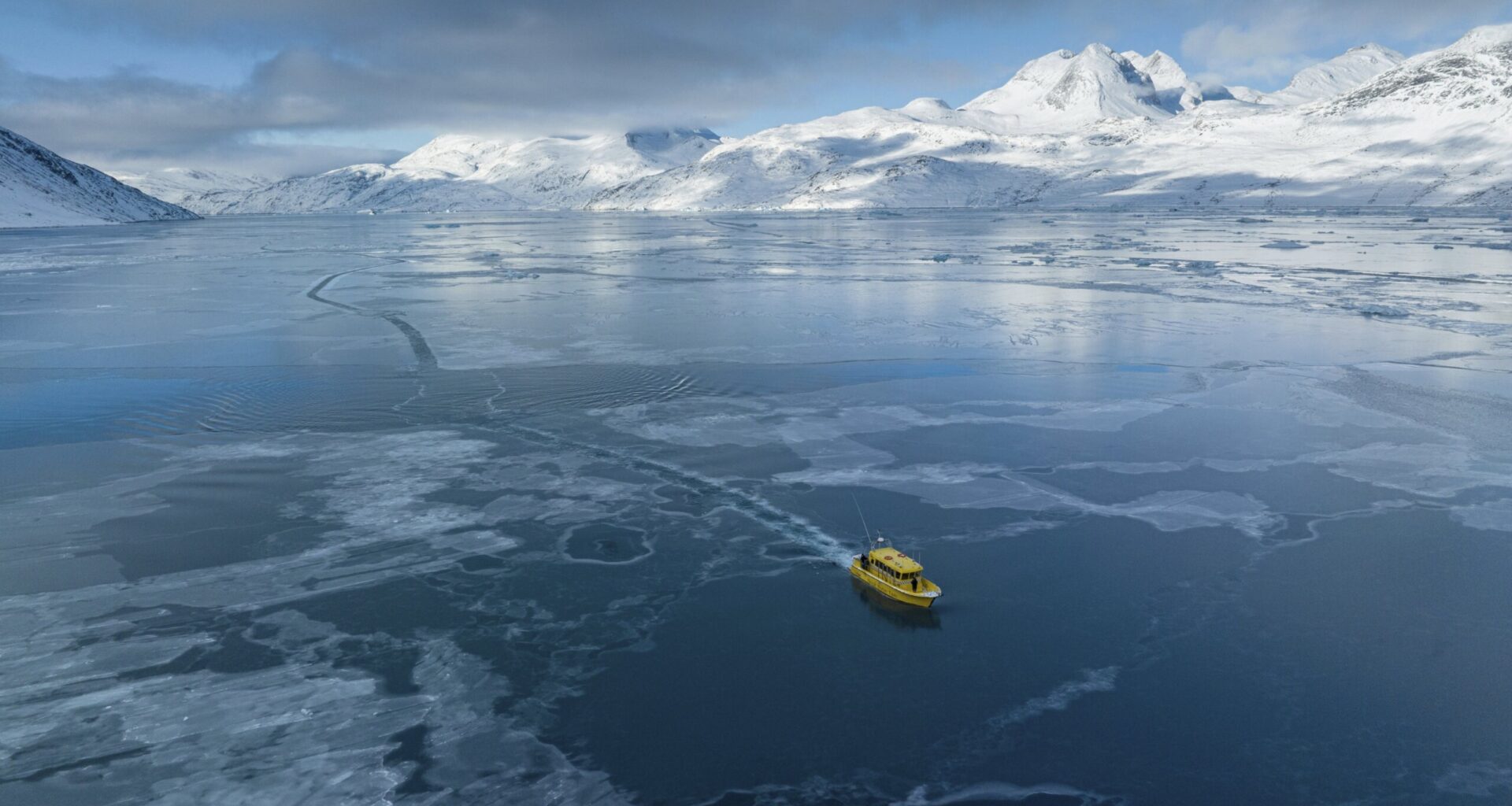The summoning of the top U.S. diplomat in Copenhagen to answer allegations of covert influence operations in Greenland represents a rare and serious rupture between two NATO allies.
The summoning of the top U.S. diplomat in Copenhagen to answer allegations of covert influence operations in Greenland represents a rare and serious rupture between two NATO allies.
Danish intelligence and reporting from public broadcaster DR point to at least three individuals with ties to President Donald Trump allegedly working to cultivate separatist sentiment in Greenland, aiming to weaken Denmark’s hold and open the path for closer U.S. alignment.
But the White House tone was far from diplomatic. One official, speaking on background, said bluntly: “We think the Danes need to calm down.”
On the other hand, carefully chosen words from the State Department offered a more measured response as Copenhagen pushes for answers about alleged covert U.S. influence operations in Greenland.
“We have no comment to provide on the actions of private U.S. citizens in Greenland,” a State Department spokesperson said, adding that “the United States values its relationships with Denmark, a NATO ally, and with the government and people of Greenland, and seeks to maintain cooperation at all levels based on shared interests, transparency, and mutual trust. The President, the Vice President, and the Secretary of State have all been clear: the United States respects the right of the people of Greenland to determine their own future.”
Danish officials, led by Foreign Minister Lars Løkke Rasmussen, described the activity as “completely unacceptable” and likened it to creating a “fifth column” inside the Kingdom.
For Copenhagen, the stakes are existential: Greenland is not just a semi-autonomous territory but a cornerstone of Denmark’s dominion and Arctic strategy. Any suggestion that an ally, let alone the United States, would attempt to destabilize that relationship is bound to ignite outrage.
This clash exposes a deep trust gap. Denmark views the presence of Trump-linked operatives on its territory as a direct challenge to its sovereignty, while Washington, at least officially, dismisses it as the work of “private citizens.” That framing does little to calm concerns in Copenhagen, where the perception is that American political networks are attempting to engineer outcomes in Greenland behind the veneer of deniability.
For NATO, the timing could not be worse. With Russia entrenched in Ukraine and China pushing its Arctic agenda, a rift between Washington and Copenhagen undermines allied cohesion in a region of rising strategic importance. Denmark’s willingness to publicly confront the U.S. — and summon its envoy twice in one year over Greenland — signals just how fragile that trust has become.
In the end, the muted U.S. assurances and Denmark’s pointed alarm reflect two very different calculations of risk. For Denmark, this is a matter of national integrity. For the U.S., it’s being treated as an irritation to be managed.
The danger is that if left unresolved, this dispute will not only deepen suspicion in Greenland and Copenhagen but also hand adversaries a propaganda gift: proof that even among allies, the Arctic is now a battlefield of influence.
Get breaking news and daily headlines delivered to your email inbox by signing up here.
© 2025 WTOP. All Rights Reserved. This website is not intended for users located within the European Economic Area.
